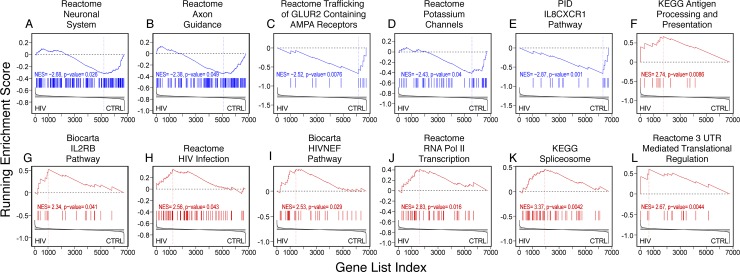Fig 4. Representative host pathways involving differentially m6A methylated genes in HIV Tg rats.
A-D) Several pathways containing genes differentially m6A modified are involved in neural function and are indicative of synaptodendritic injury [57–60], consistent with differential expression of genes in these ontology classes [52, 53]; E-G) pathways involved in inflammation and immune response were also differentially m6A methylated, consistent with previous observations both in humans and HIV Tg rats [52, 53]; H,I) differentially m6A methylated gene transcripts also included pathways related to HIV infection; J-L) and RNA metabolism and processing, e.g. splicing, which are processes in which m6A RNA methylation has been previously implicated [6–10]. Significance is indicated in each plot (Complete list in S2 Table).

